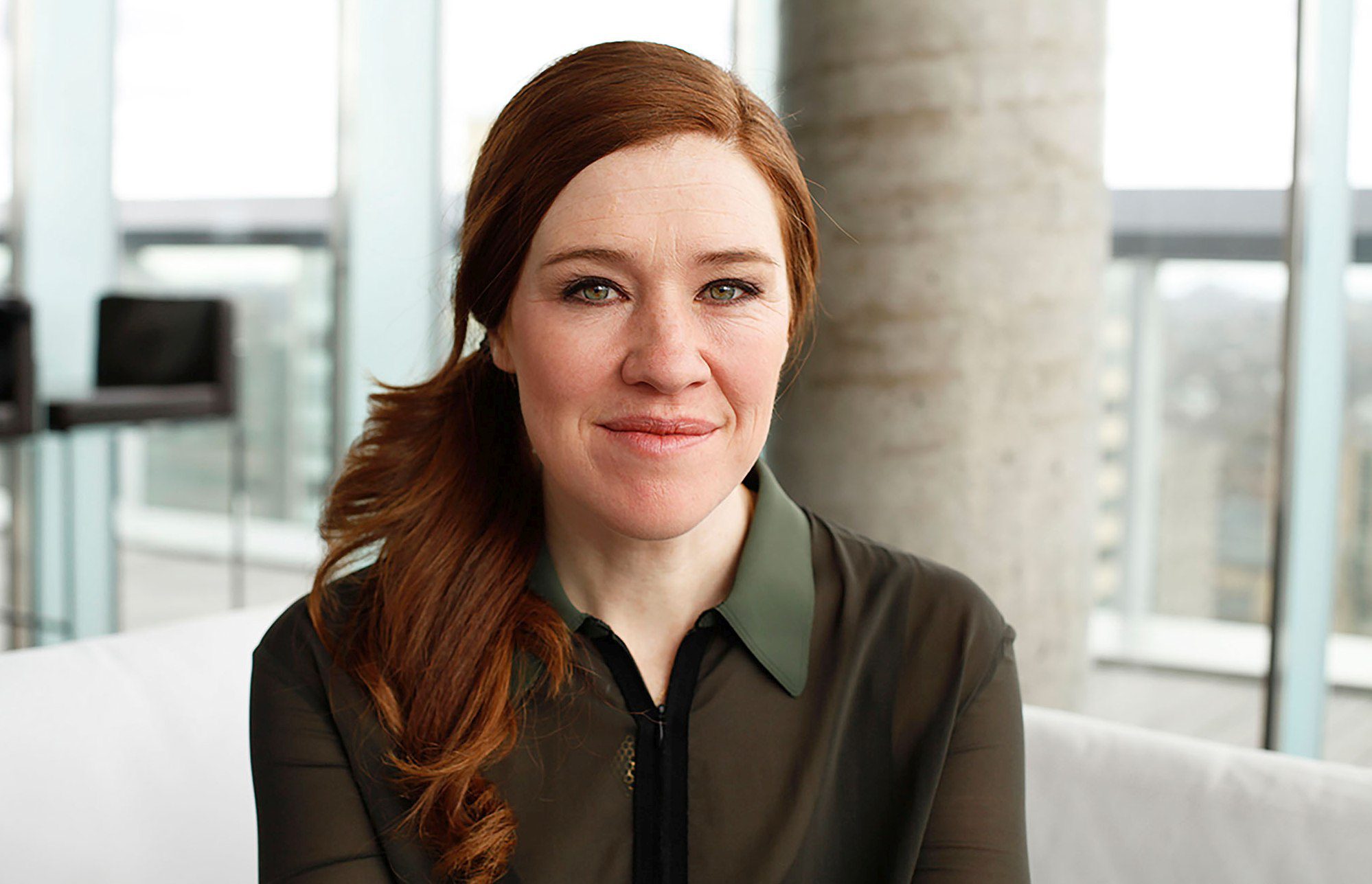Clara Hughes admits to a doping infraction
In an interview with the CBC, Clara Hughes admitted to serving a three-month suspension for a doping infraction. "To this day, I don't know how that happened. I have never talked about it," she said to Adrienne Arsenault of The National. "I have no reason for it. I have no excuse for it. But it is real. And it makes me sick. It actually makes me sick because I know I didn't do anything, and it is so empty to say that 21 years later."

In an interview with the CBC, Clara Hughes admitted to serving a three-month suspension for a doping infraction.
“To this day, I don’t know how that happened. I have never talked about it,” she said to Adrienne Arsenault of The National on the occasion of the Olympian’s upcoming memoir. “I have no reason for it. I have no excuse for it. But it is real. And it makes me sick. It actually makes me sick because I know I didn’t do anything, and it is so empty to say that 21 years later.”
A few months following the 1994 road world championships in Sicily, she got a call from Canada’s national team director Pierre Hutsebaut. Her sample came back positive from the UCI for ephedrine.
“I didn’t know what ephedrine was. I asked [Hutsebaut] what it was. He said, ‘It’s a stimulant and it’s found in cough medication. Did you take any cough medication or cold medication?’ And I hadn’t,” Hughes said.
“I do know that I didn’t cheat,” she said, “and I can look anyone in the eye, I can look myself in the eye and know that that is my truth.”
The advice she received? Stay quiet about it. She served her three-month suspension in the off-season.
To explain the failed sample, she suggest sabotage or conspiracy. The CBC reports Hughes said: “”My bottle was on my bike when I went to the porta-john and I remembered going and leaving my bike there. Whether someone did something to my bottle, I will never know. Or whether something [happened] in the lab, I don’t know.”
Hughes said that because she is not guilty of cheating but did fail a drug test, she’s never been outspoken against others who’ve failed doping controls. This following 2012 interview seems to support her claim. George Stroumboulopoulos asks Hughes about Alberto Contador’s ban for testing positive for clenbuterol. Hughes directs the conversation to women’s cycling and riders she believed were clean. One of them was Michael Barry.
In a statement, Cycling Canada says Hughes contacted the organization on Aug. 27 and provided a copy of her manuscript. The organization offered a rationale as to how a doping violation could stay a secret for so long: “While the practices in relation to the disclosure of anti-doping rule violations are substantially different today compared to 1994 when neither WADA (World Anti-doping Agency) nor CCES (Canadian Centre for Ethics in Sport – Canada’s National Anti-doping Organization) existed, Cycling Canada cannot condone how this matter was handled at the time by any of those involved. Regardless of the practices of the day, Cycling Canada believes in full, fair and open disclosure of all doping related offences. We remain fully committed to the principles of fair play and rigid compliance with the WADA Code. Cycling Canada is proud of its current role as a leader in the anti-doping movement and remains committed to learning from the mistakes of the past so we don’t make them again.”
